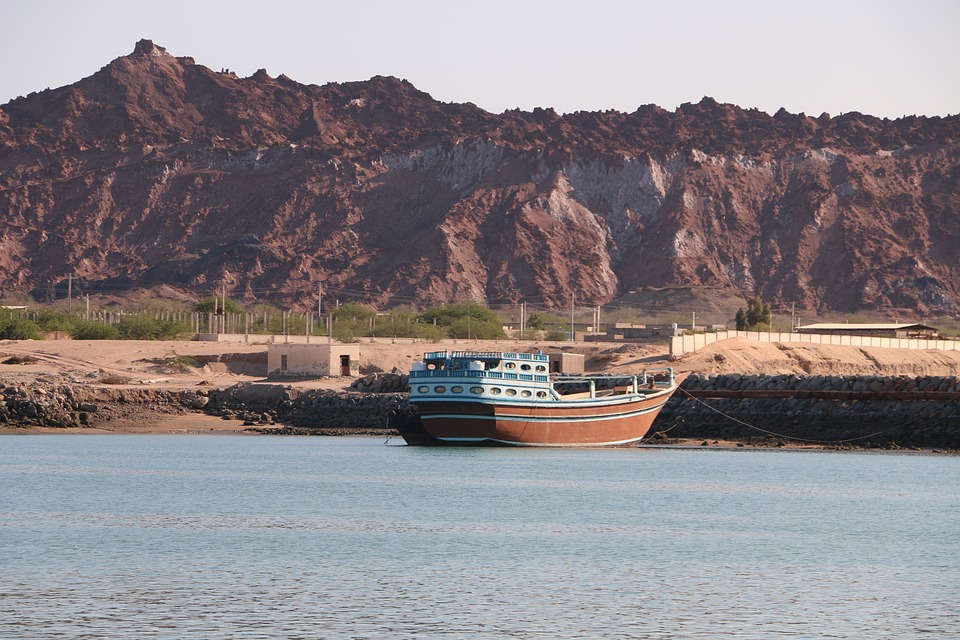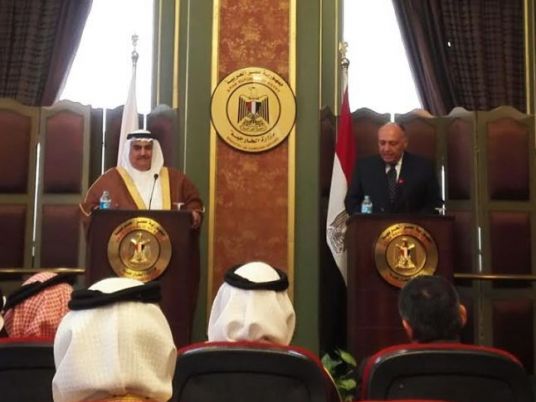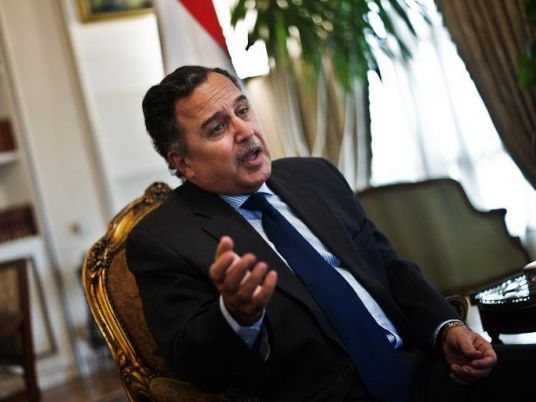In the wake of the Egyptian revolution, Iran has sought to capitalize on the country’s new Islamist government to forge closer ties between the two nations. Egypt has, however, hesitated to embrace Iran.
After Hosni Mubarak’s fall, Tehran thought a new relationship with Cairo would follow. On 4 April 2011, Egypt’s new foreign minister, Nabil al-Araby, met with the head of the Iranian Interest Section in Cairo. During the meeting, Araby “affirmed that Egypt is opening a new page with all countries, including Iran, and the Egyptian and Iranian peoples deserve having relations that reflect their history and culture, provided they are based on mutual respect for state sovereignty and no interference whatsoever in internal affairs.”
Two months later, an Egyptian delegation of intellectuals, journalists and businessmen visited Tehran. Dubbed the “people’s diplomacy delegation,” Iranian President Mahmoud Ahmadinejad and several key government officials received the delegation. Together they discussed opportunities for restoring ties between the two countries, with Ahmadinejad expressing his willingness to support and share Iran’s industrial and technological expertise with Egypt.
Ahmadinejad also took the opportunity to speak of “enemies” opposing renewed relations between the two countries. Two months later, a delegation of Iranian parliamentarians arrived in Cairo.
Iran welcomed the July inauguration of Mohamed Morsy as Egypt’s first Islamist president. Ahmadinejad spoke with Morsy to wish him success and invited the new president to the Non-Aligned Movement (NAM) conference in Tehran in late August.
Iran’s response to the Egyptian revolution has several potential motivations. First, Tehran hopes to capitalize on post-Arab Spring realities and the rise of Islamists to advance its narrative of an “Islamic Awakening” and to bolster anti-Western sentiments among regional governments.
Second, Iran’s anxious attempts to renew relations with Egypt may also be attributed in part to escalating pressure and international sanctions against Tehran. The US and the European Union have tightened sanctions on Iran, with particular focus on financial sectors and the oil industry.
By re-establishing relations with Egypt, Iran may hope to win safe access to the Suez Canal and bypass sanctions by opening a new market for its goods.
Finally, in light of the worsening conflict in Syria, Iran may be pursuing an alliance with Egypt to counteract the potential loss of its Syrian ally. The Syrian crisis has left Iran standing alone while other regional players side with the Syrian opposition.
Morsy’s decision to attend the NAM summit in Tehran was met with concern from Western media, who saw it as a victory for Iran. Egypt has responded with an outreach strategy to reassure its regional and international partners that Morsy’s stopover in Tehran — after a state visit to China — does not signal a shift in Egyptian foreign policy and that any possible engagement with Iran will not come at their expense.
This strategy likely influenced the US State Department’s decision to downplay Morsy’s Iran visit, stating that normalization of relations between Egypt and Iran is “a national decision [for Egypt] to make.”
Morsy’s speech at the summit criticizing Syrian President Bashar al-Assad’s regime is further evidence that Morsy has decided to side with Egypt’s Arab and Western partners over and above the Iranians, who were noticeably displeased with his comments.
Despite the Muslim Brotherhood’s rise, it is naive to assume that Islamists in Egypt will automatically ally with those in Iran. Egypt’s Islamist movement is predominantly Sunni, as are its Arab allies in the Gulf, who share an interest in countering Shia and Iranian influence in the region.
Domestically, the Salafi party, Nour, is leading the fight against the spread of Shiism in Egypt. Its members have gone so far as to warn against opening Egypt to Iranian tourism, for fears this would increase Shia influence and challenge Egypt’s Sunni character.
Egypt’s regional and foreign policy will not change swiftly to embrace Iran. Morsy has continually promised to respect Egypt’s international treaties and maintain its close relationship with other Arab states, specifically Saudi Arabia, where Morsy made his first official state visit as president.
In addition, Egypt will seek to preserve its strategic relationship with several Western countries and the US. Most importantly, Egypt’s relationship with the West and the Gulf Cooperation Council is vital, at least in the short term, to help Egypt overcome its growing economic crisis.
Ahmed Morsy is a PhD candidate at the School of International Relations at the University of St. Andrews. A version of this piece was originally published in a special edition by Muftah.org and Insideiran.org.




